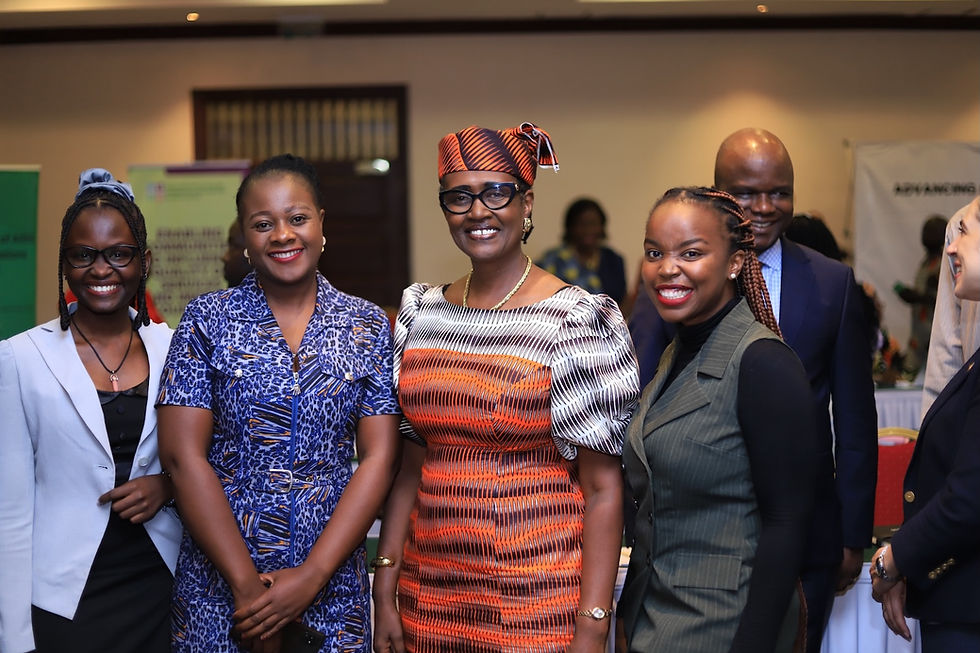HIV Integration: Response or a Death Sentence? Communities Demand Answers
- Apha News
- Aug 4, 2025
- 2 min read

"When our leaders talk about integration, what do they really mean? It's hypocrisy when they tell us to use outpatient [clinics], when they know mobile clinics exist because of their criminalisation of our lives,” said Yvette Raphael, Executive Director of APHA, at the 13th International AIDS Society Conference on HIV Science (IAS 2025) in Kigali.
A fierce debate emerged at the conference over the role of integration in HIV service delivery. Aidsmap’s July 23, 2025 report unpacks key points that were raised during the discussion on whether integrating HIV services into general healthcare systems is a path to improved care - or a dangerous move for marginalised populations.
Some of the key issues articulated by communities and experts were:
Trust, confidentiality and tailored care matter deeply to key populations such as MSM, transgender people, sex workers and people who use drugs. Integration into general clinics risks eroding these safe spaces. Jean Tugirimana of Rwanda and Numan Afifi of APCOM warn that undifferentiated models could drive people underground.
Successful integration is only possible with equity-centered policies. Examples from Vietnam, Thailand and Malaysia show that addressing structural barriers - such as requiring ID for health insurance or criminalising sex work - allowed service coverage to soar among people with HIV to 95% in Vietnam and prevented thousands of infections in Malaysia.
Communities must lead and shape integration efforts. Both lived experience and community-led organisations bring vital expertise. Advocates emphasised connecting differentiated service providers to national systems, funding community networks, and building evidence to monitor the impact of integration on service quality.
Decriminalisation, accountability, and sustained funding are non-negotiable. As Yvette Raphael from APHA pointed out at IAS, without legal reform and political will, integration could be “a death sentence” for criminalised and vulnerable groups.
Communities are calling for integration models that enhance access while preserving dignity and confidentiality, rooted in equity and guided by those most affected.
To explore the full article and its insights, visit aidsmap:



Comments